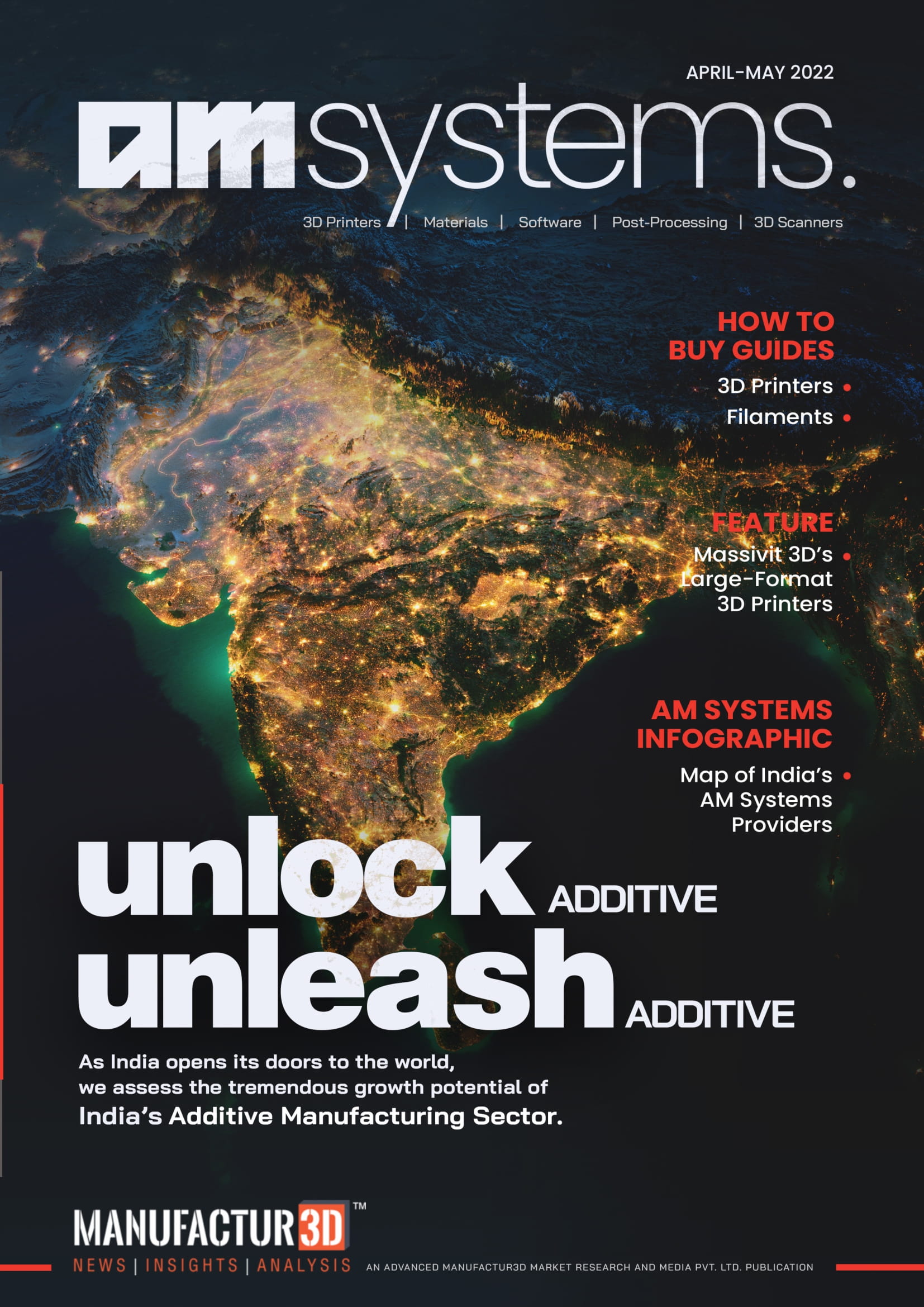
Weber State University is advancing its research on composite materials that support the aerospace and defence ecosystem in northern Utah by using 3D printing. The Impossible Objects CBAM 3D printer was recently upgraded and installed at the university’s Miller Advanced Research and Solutions Center (Composite-Based Additive Manufacturing system). The machine generates composite materials, which are then used to create parts for a variety of high-tech applications.
The MARS Center, located near Hill Air Force Base in Utah, brings together Weber State students and faculty with industry experts who can apply innovative solutions to real-world problems, particularly those related to national defence.
Impossible Objects CBAM 3D Printer
“Composite materials are of high interest to the military, and the ability to 3D print those parts on demand with CBAM gives us an advantage to participate in more projects and recruit the best talent.”
– David Ferro, dean of WSU’s College of Engineering, Applied Science & Technology
Weber State has a long history with Impossible Objects, according to Ferro, and he believes the new system, which is a technological leap from the center’s previous CBAM printer, will be a valuable tool in aerospace research among academia, defence, and commercial partners.
Devin Young, a grant writing and research specialist at WSU, who works at the MARS Center said, “We’ve used this technology to print parts for legacy aircraft, aging jets that need replacement parts or tools that aren’t in production anymore. CBAM makes parts that are lighter and stronger than some of the other methods out there, and it does it faster.”
Young said a recent example of 3D-printed parts via Impossible Objects includes a strap that keeps first-aid kits secure inside aircraft currently flown by the U.S. Air Force.
“We’ve found a range of uses for this technology, from large aerospace companies to small local businesses,” Young said.
Steve Hoover, Impossible Objects CEO, said the CBAM system’s Carbon Fiber PEEK 3D printed material achieves excellent mechanical properties and is a cutting-edge alternative for aluminium prototyping, tooling, spares and repairs.
“The MARS Center is at the forefront of aerospace and defence research,” Hoover said. “We’re proud that they’ve selected CBAM technology, and have already engaged in several projects that have exciting potential for the Department of Defence, Department of Energy and other industrial partners.”
Thanks to a $3.5 million donation from the Larry H. & Gail Miller Family Foundation, the MARS Center will open in August 2022. Impossible Objects’ CBAM 3D Printer is one of the first advanced manufacturing technologies to be installed and used at the new facility.
About Manufactur3D Magazine: Manufactur3D is an online magazine on 3D Printing. Visit our Global News page for more updates on Global 3D Printing News. To stay up-to-date about the latest happenings in the 3D printing world, like us on Facebook or follow us on LinkedIn and Twitter. Follow us on Google News.



